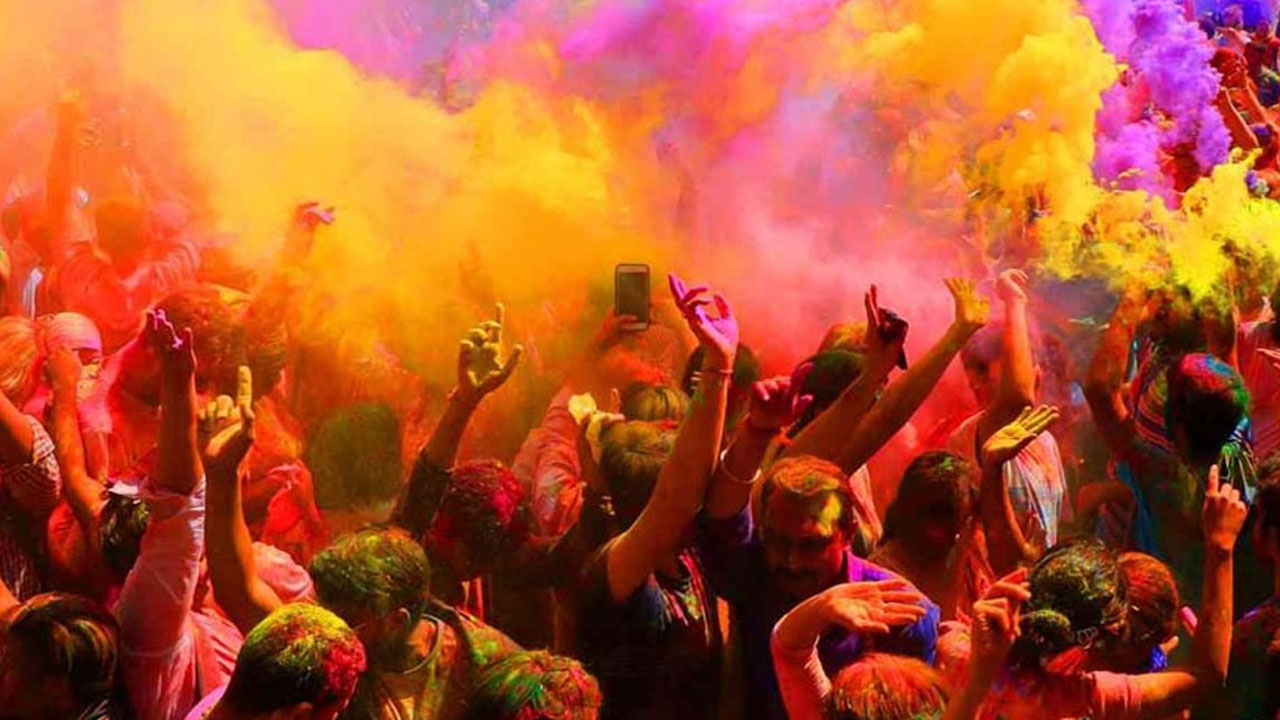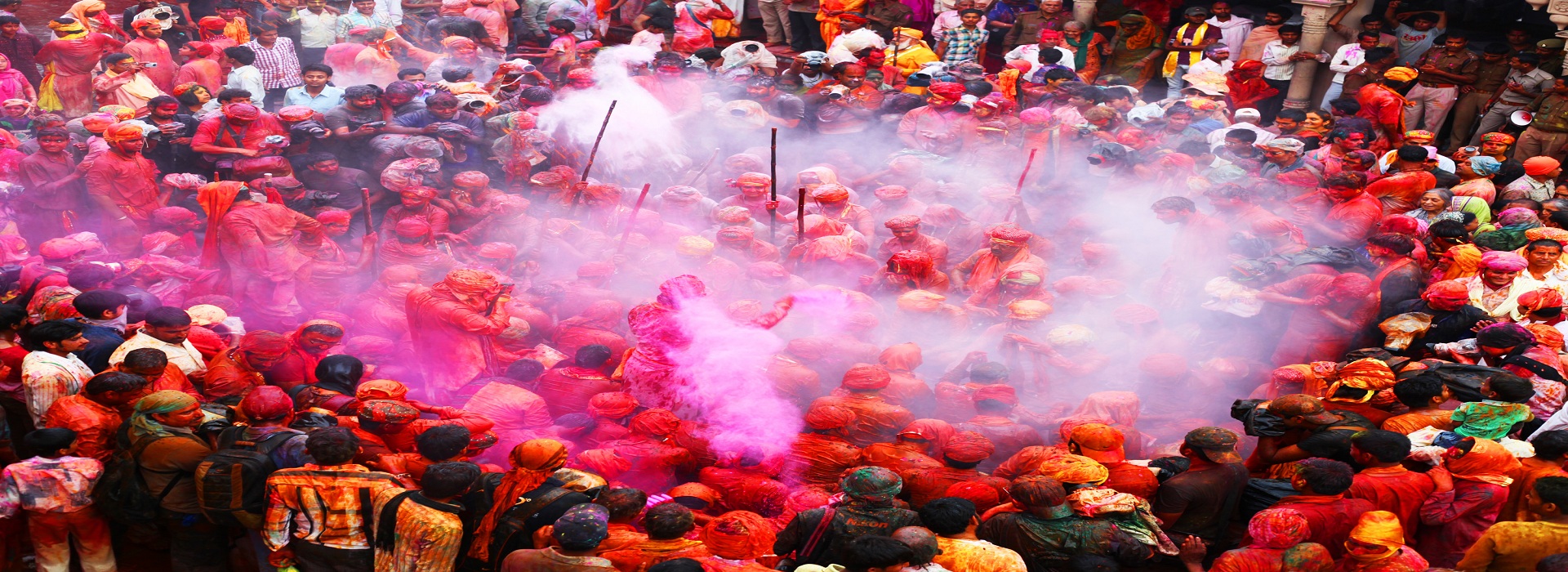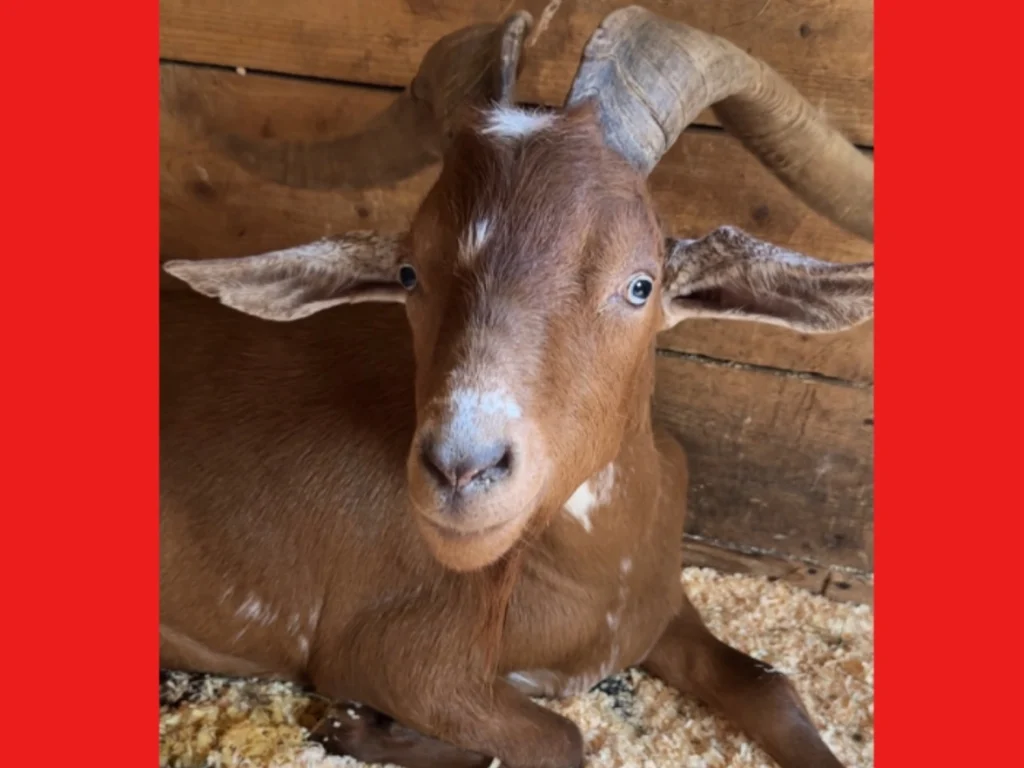Answer to Why the Indian Holi Folk Song Stanzas Are Repeated Multiple Times?
Written by Sneh Chaudhry on February 28, 2024
Have you ever heard Indian Holi folk songs? If yes then have you ever thought why the Holi folk songs are sung in a very different way where the stanzas are repeated multiple times and the rhythm frequency changes frequently?

Let’s educate society about why Holi folk song stanzas are repeated multiple times and do they hold any scientific explanation. Our younger generation needs to know the facts whilst understanding the value and benefits of Holi folk songs commonly known as “Phaag Gayan”.
:max_bytes(150000):strip_icc()/bhaktapur-nepal-holi-HOLI0219-b713df59f115452baa1374efb3e59ff2.jpg)
Indian Holi folk songs are an integral part of the vibrant and colourful festival of Holi, which is celebrated across the country with great enthusiasm and fervour. These songs are sung by people of all ages and are an essential component of the festive celebrations.

The tradition of singing Holi folk songs dates back centuries and is rooted in the cultural and historical significance of the festival. Holi, also known as the festival of colours, marks the arrival of spring and the victory of good over evil. It is a time for fun, frolic, and merrymaking, as people come together to celebrate the joyous occasion.

One of the main reasons why Indian Holi folk songs are sung is to enhance the festive atmosphere and create a sense of unity and togetherness among the participants. Through these songs, people express their joy and happiness and celebrate the spirit of Holi in a melodious and rhythmic manner. The lyrics of the songs often revolve around themes of history, love, friendship, and the playful splashing of colours, adding to the overall festive mood.

Apart from the cultural and traditional significance, there is also a scientific reason behind the repetition of stanzas in Holi folk songs. Studies have shown that repetitive singing or chanting can have a calming and soothing effect on the mind and body, promoting relaxation and reducing stress. This is known as the “mantra effect,” where the repetition of sounds or words creates a meditative state and improves mental well-being.

In the context of Holi folk songs, the repetition of stanzas serves a similar purpose, as it allows the participants to immerse themselves fully in the festive atmosphere and experience a sense of unity and harmony. The rhythmic and repetitive nature of the songs creates a hypnotic effect, which helps in enhancing the overall festive experience and creating a sense of communal joy and celebration.

Furthermore, the repetition of stanzas in Holi folk songs also serves as a mnemonic device, helping people remember the lyrics and sing along with ease. This is particularly important in a festive setting where people are in a celebratory mood and may not be able to focus on complex or lengthy lyrics. By repeating the stanzas multiple times, the songs become catchy and easy to remember, allowing everyone to participate and join in the festive singing. Repeating stanzas in different frequencies assists in improving memory & speaking skills while boosting lung capacity hence leading to a healthy respiratory system.

In conclusion, Indian Holi folk songs are an essential part of the festive celebrations and serve both cultural and scientific purposes. They enhance the festive atmosphere, promote unity and togetherness, and have a calming and soothing effect on the mind and body. The repetition of stanzas in these songs adds to their hypnotic and meditative quality, creating a joyful and memorable experience for all those who participate in the colourful celebration of Holi.
This year, Holika Dahan will be on the 25th of March and Holi will be celebrated on Tuesday 26th March.
Radio Sargam wishes you Happy in advance.







